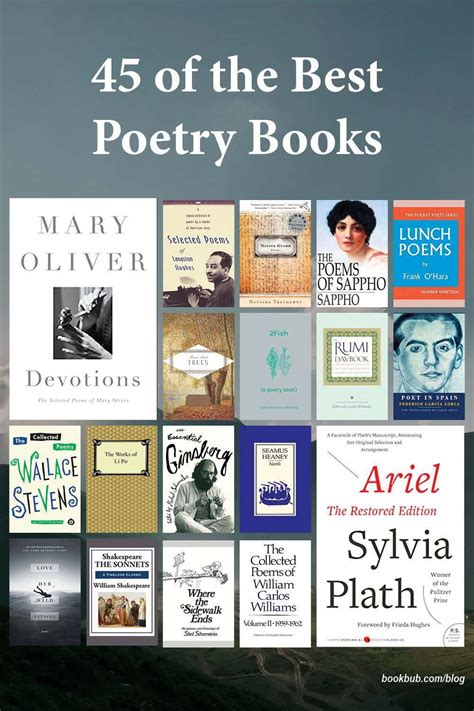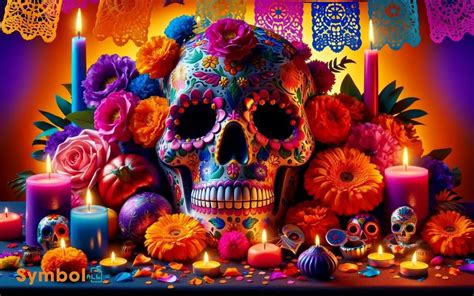Embarking on a journey to discover great poetry books can be a deeply rewarding experience, allowing readers to explore the depths of human emotion, thought, and experience through a rich tapestry of language and form. Whether you’re a seasoned poetry lover or just beginning to explore this vibrant world of literature, finding the right books can be both exhilarating and daunting. The universe of poetry is vast, spanning centuries, cultures, and styles, offering something for every reader. Here’s a guide to help navigate this vast and wondrous landscape, including recommendations tailored to various tastes and preferences.
Understanding Your Taste in Poetry
Before diving into the world of poetry, it’s helpful to understand what resonates with you. Do you enjoy classic, timeless pieces or contemporary, innovative works? Are you drawn to specific themes, such as love, nature, social justice, or personal introspection? Knowing your preferences can guide your search for poetry books that truly speak to you.
Exploring Classic Poetry
Classic poetry offers a foundation in the art form, with works that have stood the test of time. Authors like William Shakespeare, John Keats, Emily Dickinson, and Walt Whitman are essential reading for anyone interested in poetry. Their works not only showcase mastery over language and form but also explore universal themes that remain relevant today.
- “The Complete Sonnets of William Shakespeare” - A collection of Shakespeare’s sonnets, offering insights into love, beauty, and mortality.
- “The Complete Poems of Emily Dickinson” - Dickinson’s unique style and profound exploration of death, love, and nature make her a compelling read.
- “Leaves of Grass” by Walt Whitman - Whitman’s celebration of the human body and spirit, and his innovative free verse style, make “Leaves of Grass” a seminal work in American poetry.
Discovering Contemporary Poetry
Contemporary poetry is vibrant and diverse, reflecting the complexities and challenges of the modern world. Poets like Mary Oliver, Danez Smith, Rupi Kaur, and Warsan Shire bring fresh voices and perspectives to the table.
- “Devotions: The Selected Poems of Mary Oliver” - Oliver’s poetry is a beautiful exploration of nature, spirituality, and the human condition.
- “Homie” by Danez Smith - A powerful collection that explores blackness, queerness, and the search for home and family.
- “Milk and Honey” by Rupi Kaur - Kaur’s debut collection is a poignant exploration of love, loss, trauma, healing, and femininity.
- “Her Blue Body” by Warsan Shire - A powerful exploration of displacement, belonging, and identity, especially relevant to the experiences of refugees and immigrants.
Thematic Explorations
Poetry can be a powerful tool for exploring and understanding complex themes and issues. Whether you’re interested in poetry that addresses social justice, personal growth, or the beauty of nature, there’s a wealth of material to explore.
- For nature and the environment, consider “Bright Dead Things” by Ada Limón, which explores the human relationship with nature and the self.
- For social justice and activism, “Citizen: An American Lyric” by Claudia Rankine offers a powerful examination of racism and black life in America.
- For personal growth and introspection, “The Sun and Her Flowers” by Rupi Kaur is a compelling follow-up to “Milk and Honey,” continuing the exploration of healing and love.
Finding Poetry Books
- Bookstores and Libraries: Physical bookstores and libraries are treasure troves for poetry lovers. Many have dedicated poetry sections where you can browse through a wide range of books.
- Online Platforms: Websites like Goodreads, Amazon, and indie bookstores often have poetry sections and reader reviews that can help you discover new titles.
- Literary Magazines and Journals: Publications like “The Poetry Foundation,” “The New Yorker,” and “Granta” frequently feature poetry and can be a great source for discovering contemporary poets.
- Poetry Readings and Festivals: Attending poetry readings, slams, and festivals can be an exhilarating way to experience poetry firsthand and discover new voices.
- Social Media and Online Communities: Follow poets, literary magazines, and book lovers on social media platforms like Instagram and Twitter. Join online forums and discussion groups dedicated to poetry to get recommendations and discussions about various poetry books.
Conclusion
The journey to find great poetry books is highly personal and uniquely rewarding. Whether through classic sonnets, contemporary free verse, or thematic explorations, poetry has the power to touch hearts, challenge minds, and inspire souls. By exploring different genres, attending literary events, and engaging with online communities, readers can discover a wealth of poetic voices that speak directly to their interests and passions. Remember, the best poetry book is one that resonates with you, so don’t be afraid to explore, experiment, and find the voices that echo your thoughts, feelings, and experiences.
How do I get started with reading poetry if I’m new to it?
+Start with what interests you. Look for themes, authors, or styles that resonate with your current reading tastes or hobbies. Classic poetry and contemporary bestsellers are great places to begin. Don’t hesitate to read aloud to yourself; poetry is meant to be spoken and heard.
What if I don’t understand a poem?
+It’s okay if you don’t understand a poem right away. Poetry is subjective and can be complex. Try reading it multiple times, look up unfamiliar words, and consider the context in which it was written. Sometimes, understanding the poet’s background or the historical context can provide valuable insights.
How can I make reading poetry a habit?
+Set aside a specific time each day or week dedicated to reading poetry. It could be during your daily commute, before bed, or during your lunch break. Subscribe to a poetry newsletter or follow poets and literary magazines on social media to stay inspired and discover new works.

